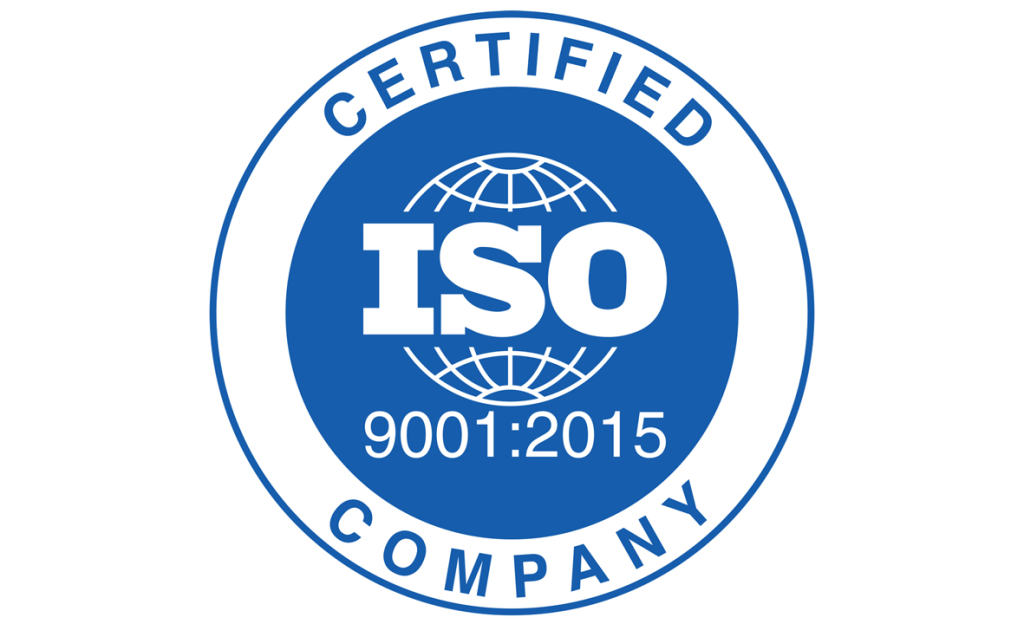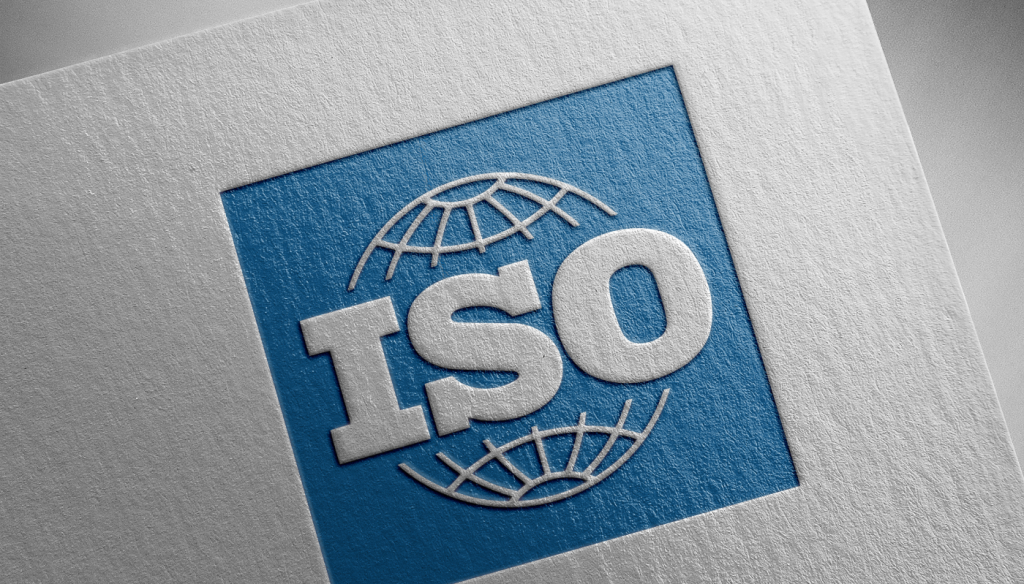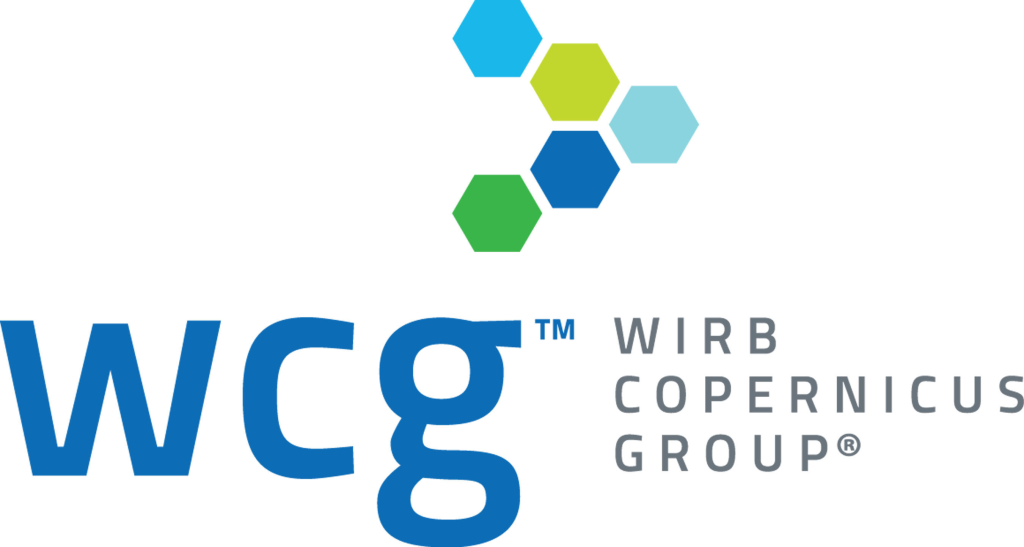In a remarkable stride towards advancing the standards of ethical review in clinical research, WCG, a global leader in accelerating clinical research, proudly announces the extension of its ISO 9001 certification to include its Institutional Biosafety Committee (IBC) services. This significant achievement solidifies WCG’s commitment to unparalleled quality management across the spectrum of ethical review, encompassing both its Institutional Review Board (IRB) and IBC services.
Setting the Benchmark: ISO 9001 Certification for IRB and IBC Services
In 2010, WCG’s IRB stood as a trailblazer, securing the distinction of being the world’s only IRB to meet ISO quality management standards and earn ISO 9001 certification. Now, with the extension of this prestigious certification to its IBC services, WCG continues to set a new gold standard for quality management in ethical review. Sam Srivastava, WCG’s Chief Executive Officer, expressed his pride, noting that this accomplishment signifies a pivotal moment, raising the bar in the company’s dedication to excellence.

Decades of Leadership in Ethical Review
David Forster, JD, MA, CIP, Chief Compliance Officer at WCG, emphasized the company’s longstanding legacy in leading ethical review for decades. Pioneering the concept of independent ethical review, WCG has been at the forefront of shaping the clinical research landscape. The ISO certification within the IBC is not just a testament to WCG’s commitment to maintaining the highest standards of human subject protection but also a powerful indicator of its unwavering dedication to continuous improvement in all operational facets.

The Essence of ISO 9001 Standards
ISO 9001 standards, the backbone of WCG’s recent certification triumph, are rooted in a set of quality management principles. These principles compel company leaders to articulate clear goals and objectives for their quality management systems, fostering a culture where every employee is not merely a participant but an active contributor. Emphasizing a robust customer focus, WCG strives to meet and exceed customer expectations. The company adopts a dual approach, combining both process- and systems-based management, and champions a philosophy of perpetual improvement. Internal audits become the compass guiding WCG’s journey towards enhancing overall performance, ensuring that the spirit of excellence permeates every aspect of its operations.

About BSI
BSI, or The British Standards Institution 2023, the organization specializing in business improvement and standards, empowers entities to transform best practice standards into ingrained habits of excellence, fostering trust for a more resilient world.

With a rich history spanning over a century, BSI has been a driving force behind the implementation of best practices in organizations globally. Collaborating with more than 77,500 clients across 195 countries, BSI operates as a truly global entity, boasting extensive skills and experience across diverse sectors such as automotive, aerospace, built environment, food and retail, and healthcare. Leveraging its proficiency in Standards and Knowledge, Assurance Services, Regulatory Services, and Consulting Services, BSI guides clients in enhancing performance, achieving sustainable growth, managing risk effectively, and ultimately cultivating resilience.
For additional information, please visit bsigroup.com.
About ISO
The International Organization for Standardization (ISO), founded on 23 February 1947, stands as a paramount international standard development organization. Comprising representatives from the national standards organizations of its member countries, ISO operates as a voluntary body with 167 national members as of 2022, each representing a single country. Headquartered in Geneva, Switzerland, ISO functions in 167 countries, utilizing English, French, and Russian as its official languages.

Boasting a prolific track record, ISO has published over 24,500 international standards since its inception, covering an extensive array of technological and manufacturing aspects. To oversee standards development, ISO relies on 811 technical committees and subcommittees, managing standardization across both technical and nontechnical fields—excluding electrical and electronic engineering, a domain handled by the IEC.
The organization’s central secretariat in Geneva serves as the coordination hub, facilitating collaboration among recognized authorities on standards, who convene annually at a General Assembly to discuss strategic objectives. Governance and guidance are provided by a council with a rotating membership of 20 member bodies, setting the central secretariat’s annual budget.
Crucially, ISO operates through a tiered membership structure with three categories. Member bodies, the most representative standards bodies in each country, hold voting rights. Correspondent members, representing countries without their standards organization, are informed about ISO’s work but lack participation in standards promulgation. Subscriber members, representing nations with small economies, enjoy reduced membership fees and the ability to follow standards development.
The technical management board, overseeing 250+ technical committees, plays a pivotal role in ISO’s standards development. Participating members, denoted as “P” members, actively contribute, contrasting with observing members, referred to as “O” members. In summary, ISO, as a collaborative force in global standardization, continues to shape the landscape of technology and manufacturing, embodying a commitment to excellence and uniformity.

For more information, visit http://www.iso.org/iso/home.html.
About WCG
Western Institutional Review Board (WIRB®) now known as WIRB-Copernicus Group (WCG® IRB) is an option for industry-sponsored clinical trials protocol submissions. WCG emerges as an integral collaborator for research sponsors, CROs, sites, and participants, offering unwavering support throughout the clinical research journey. With a foundation built on 55 years of pioneering independent ethical review solutions, WCG is recognized as the industry gold standard, constantly evolving to elevate and expedite the clinical research landscape.
In the pursuit of accelerating research and positively impacting global health, WCG leverages robust relationships, profound domain expertise, interconnected technology, and data intelligence. Their mission is encapsulated in the commitment to expanding access, enhancing quality, optimizing efficiency, and fortifying safety, crucial elements for the successful advancement of research endeavors that save and improve lives.

WCG’s influence extends across a broad spectrum, liberating study stakeholders from constraints that jeopardize trial efficacy. Employing highly specialized solutions and data-driven insights, WCG mitigates risks in 90% of all clinical trials, steering the course toward more promising outcomes.
The company places paramount importance on addressing the challenges that impede clinical trials, recognizing that flawed processes can obstruct life-saving ideas from materializing. WCG’s dedication lies in overturning these challenges, ensuring that clinical trials progress smoothly and bring vital solutions to fruition.
WCG prides itself on deep expertise, serving as a trustworthy partner with extensive experience across therapeutic areas. The company’s commitment to seamless connectivity among stakeholders – sites, sponsors, CROs, and participants – is at the core of its collaborative approach. An insight-driven strategy ensures that the right individuals are brought together for optimal solutions in the right studies, expediting the delivery of life-saving therapies to patients.

The transformative power of 55 years of experience manifests in WCG’s data intelligence, guiding decisions through analytics rather than opinions. This emphasis on actionable insights facilitates faster trials and optimal outcomes.
Diversity, equity, and inclusion (DEI) are integral components of WCG’s ethos. Their patient-first philosophy propels efforts to promote clinical trial access for all, ensuring ethical conduct in every trial. Rooted in ethics, WCG fosters an environment of mutual respect, inclusion, and accountability, where every employee is encouraged to bring their authentic self to the workplace.
WCG’s extensive network spans major stakeholders in the clinical trials ecosystem, including 5,000+ biopharma and CRO clients, 3,400+ institutions and academic medical centers, 250,000+ global investigators, 300,000+ research sites, 80,000+ clinical research coordinators, and over 2,500,000 participants in WCG-supported studies. The company’s commitment to collaboration, innovation, and inclusivity positions it as a driving force in shaping the future of clinical research.

For more information, please visit wcgclinical.com.
Engr. Dex Marco Tiu Guibelondo, B.Sc. Pharm, R.Ph., B.Sc. CpE
Subscribe
to get our
LATEST NEWS
Related Posts

Clinical Operations
Beyond the Intervention: Deconstructing the Science of Healthcare Improvement
Improvement science is not a discipline in search of purity. It is a field forged in the crucible of complexity.

Clinical Operations
Translating Innovation into Practice: The Silent Legal Forces Behind Clinical Quality Reform
As public health increasingly intersects with clinical care, the ability to scale proven interventions becomes a core competency.
Read More Articles
Myosin’s Molecular Toggle: How Dimerization of the Globular Tail Domain Controls the Motor Function of Myo5a
Myo5a exists in either an inhibited, triangulated rest or an extended, motile activation, each conformation dictated by the interplay between the GTD and its surroundings.
Designing Better Sugar Stoppers: Engineering Selective α-Glucosidase Inhibitors via Fragment-Based Dynamic Chemistry
One of the most pressing challenges in anti-diabetic therapy is reducing the unpleasant and often debilitating gastrointestinal side effects that accompany α-amylase inhibition.













